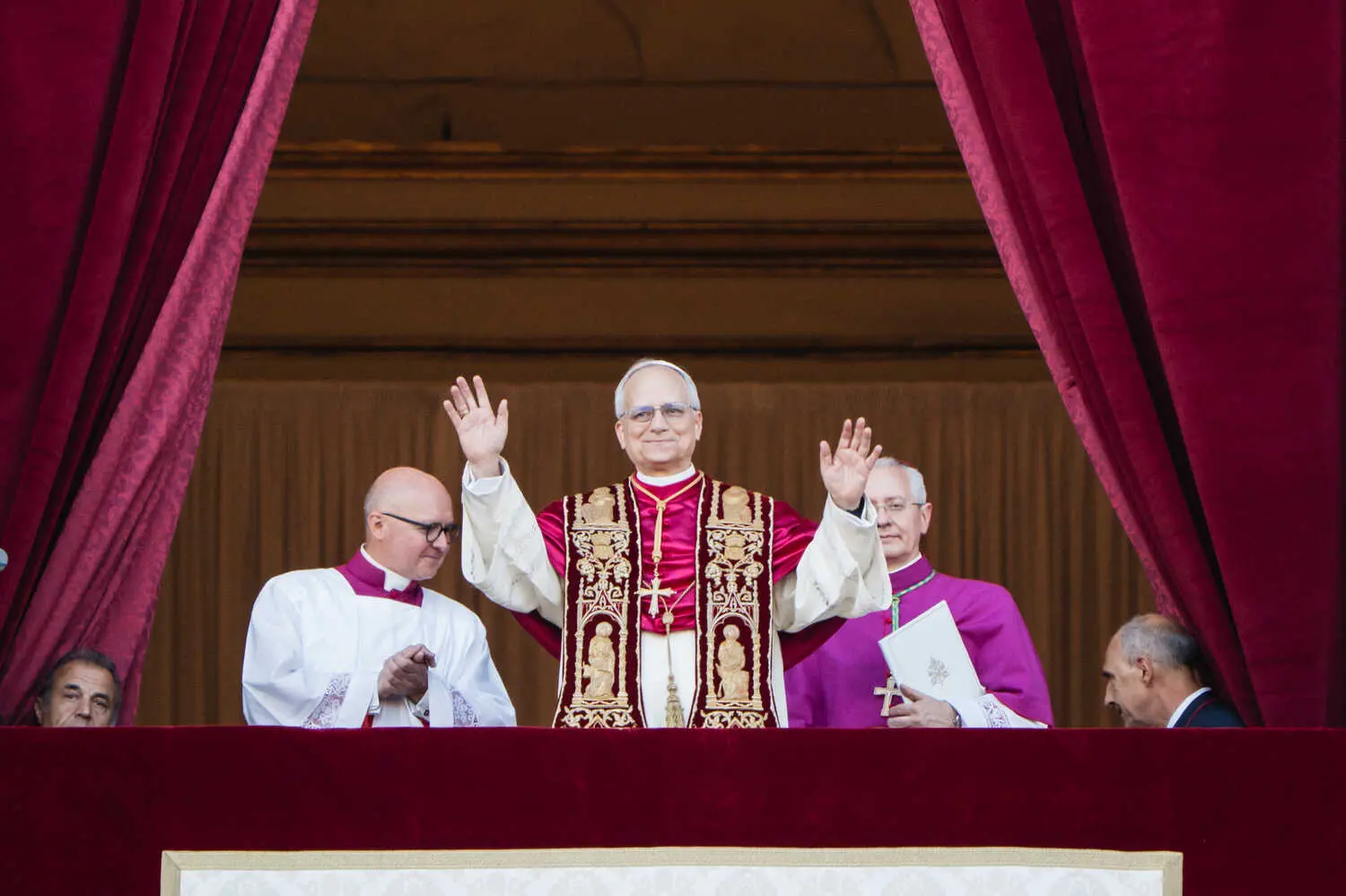The Historic Election of Pope Leo XIV: A New Era for the Catholic Church
The Catholic Church has entered a new era with the election of Pope Leo XIV, marking a historic moment as the first American to ascend to the papacy. Born Robert Francis Prevost in Chicago, Pope Leo XIV brings a unique blend of American and Latin American perspectives to the Vatican, promising to continue the legacy of his predecessor, Pope Francis, while charting his own path for the future of the Church.
A Historic Moment
The election of Pope Leo XIV is a landmark event, not only because he is the first American pope but also because of his deep connections to Latin America. Having spent significant time as a missionary in Peru, Pope Leo XIV is seen as a bridge between the Americas, embodying a spirit of unity and inclusivity. His election has been met with widespread celebration and anticipation for the changes he may bring to the Church.
Continuing the Legacy of Pope Francis
Pope Leo XIV has expressed admiration for his predecessor, Pope Francis, and has indicated a desire to continue many of the reforms initiated during Francis’s papacy. This includes a focus on social justice, environmental stewardship, and outreach to marginalized communities. Pope Leo XIV’s commitment to these values suggests a continuation of the progressive path set by Pope Francis, with a renewed emphasis on building bridges and fostering dialogue within the Church and beyond.
Addressing Contemporary Challenges
As the new leader of the Catholic Church, Pope Leo XIV faces a range of contemporary challenges, from addressing the clergy sexual abuse crisis to navigating the Church’s role in a rapidly changing world. His background in both the United States and Latin America, along with his experience in missionary work, positions him well to tackle these issues with a global perspective.
A Vision for the Future
Pope Leo XIV’s vision for the future of the Catholic Church is one of unity, compassion, and engagement with the modern world. He has spoken about the importance of being a “missionary church” that is open to all, emphasizing the values of charity, dialogue, and love. His leadership is expected to focus on strengthening the Church’s mission while adapting to the needs and realities of the 21st century.
Conclusion
The election of Pope Leo XIV represents a significant moment in the history of the Catholic Church. As the first American pope, he brings a fresh perspective and a commitment to continuing the progressive reforms of his predecessor. With a focus on social justice, environmental care, and global unity, Pope Leo XIV is poised to lead the Church into a new era of hope and renewal.
As the world watches, the Catholic Church embarks on this new chapter with anticipation and optimism, guided by the leadership of Pope Leo XIV.
